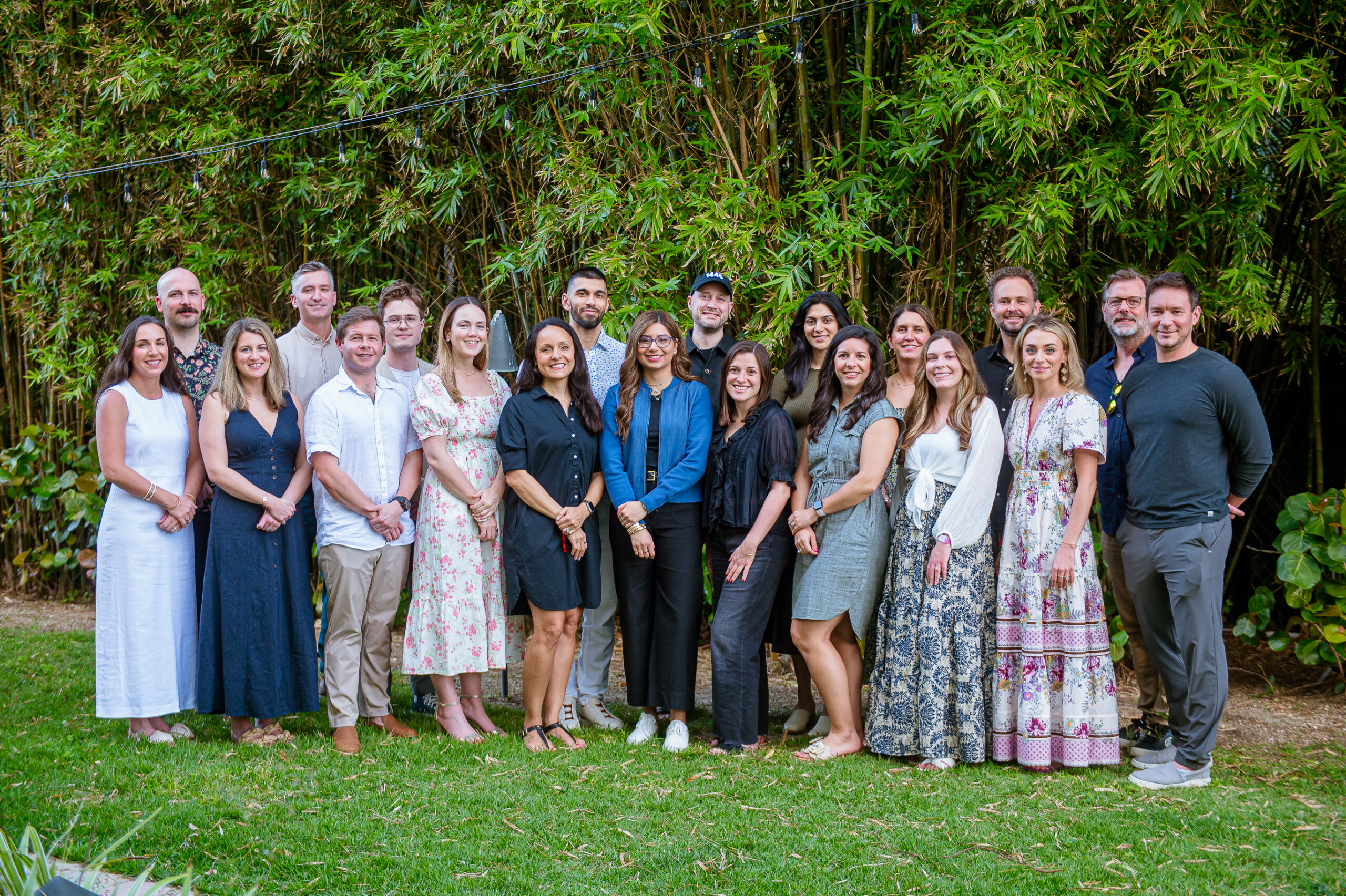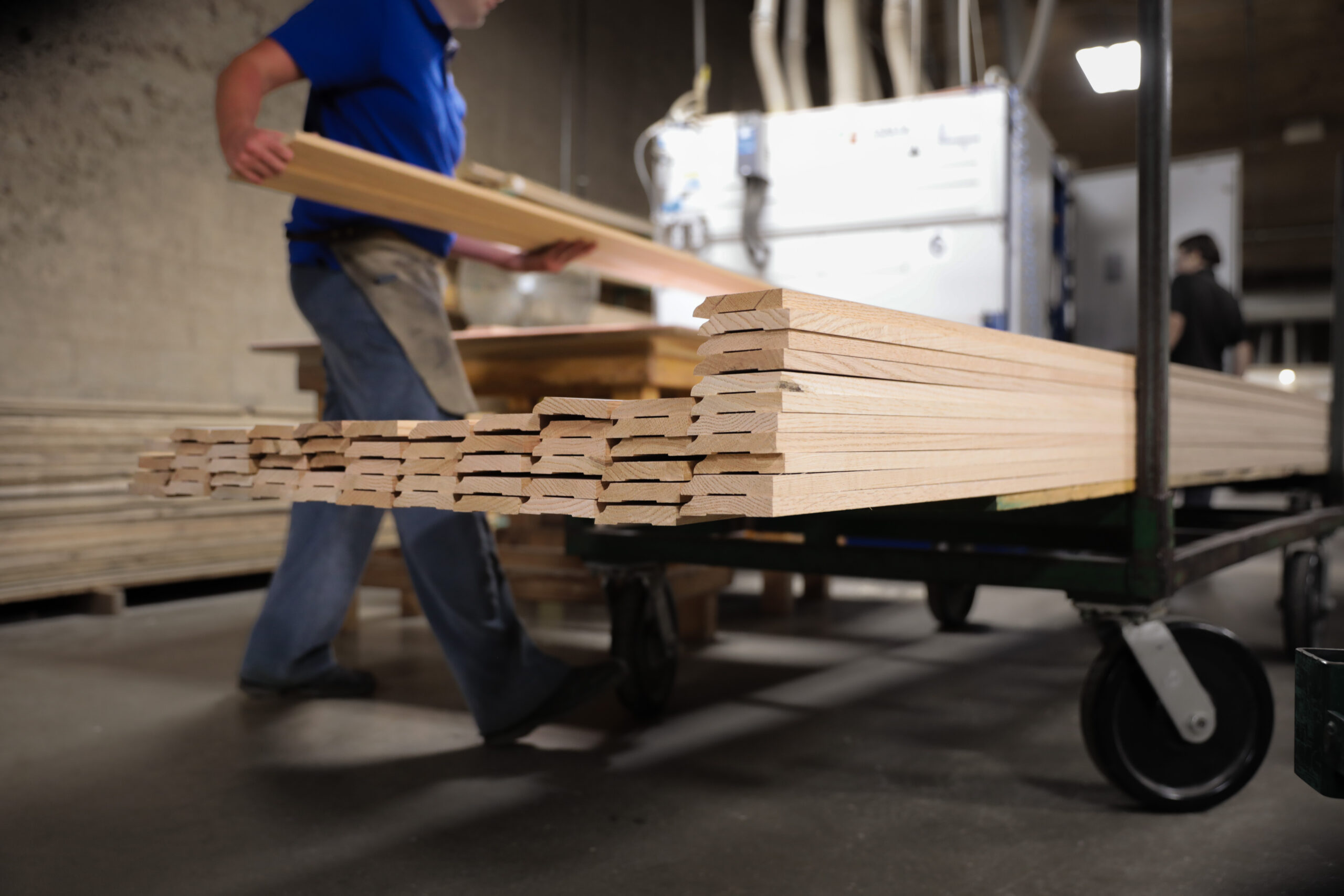
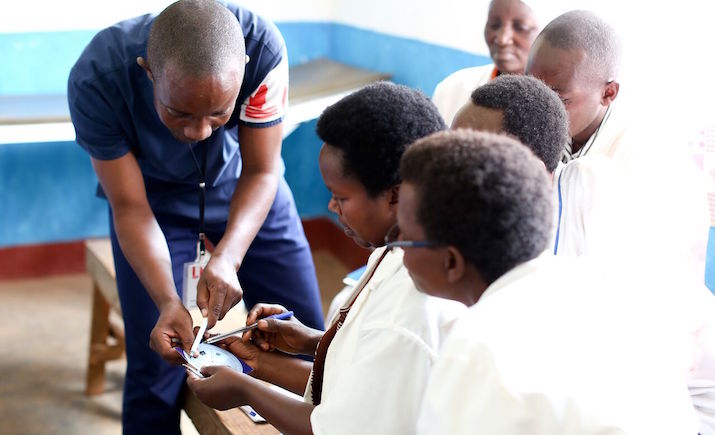
An Unexpected Gift of the Recession
- Michael Spraggins
- Spraggins, Inc.
My core Evergreen business, Spraggins Inc., is a building products and construction services company based in Orlando, Florida and focused on the contract residential market. In 2007, the great recession hit our business extremely hard. Homebuilders just stopped building.
By the fall of 2008, we were down to 17 employees from 135. The 17 employees who remained were the best, and they were successfully managing what business we had. At that point, while I had enough money saved to fund my family’s expenses, I had no cash to invest. What I did have was time.
The week of Thanksgiving, I got a call from my friend Peter Greer, who runs Hope International, a microfinance organization that does work in Africa. He wanted to take what he had learned in microfinance and deploy it in the healthcare sector in East Africa to fill a much-needed gap in healthcare access and delivery, specifically among rural communities in Burundi. The idea really resonated with me.
With time on my hands and the desire to dig into meaningful work, I told him I was in. Did I know anything about healthcare? No. Had I ever launched a nonprofit organization? No. But I did have entrepreneurial spirit, deep knowledge of business, and a faith-driven purpose to love my neighbor and to serve.
We got to work devising our plan, and we decided our core mission would address pharmaceutical distribution, which we determined was the most significant constraint.
Our first move was to go visit David Weekley, who, through his nonprofit, The David Weekley Foundation, was already dedicated to supporting healthcare efforts in Africa. The visit proved a critical eye-opener. After listening to Peter and me describe my idea, David looked at me and asked: “How many times have you been to Burundi?”
It was the right question. I hadn’t been there even once.
We put together a small team and started spending time in Burundi. Once on the ground, we engaged in some foundational market research and asked: Who is the customer? What does the customer want? If current services and resources were not meeting the need, we needed to innovate. And, more specifically, it was clear that if we wanted to address access and care in the rural population, where the greatest need existed, we needed to get out into the countryside and start asking questions and observing. When we did, we finally understood the issue.
It turns out, the main constraint in healthcare delivery in Burundi, and in much of sub-Saharan Africa, was not, as we had thought, with pharmaceutical distribution but rather at the point of patient contact: there were systemic problems that created dangerous mistakes in patient care. This was because of a lack of basic training among health workers and facility managers; they did not have access to the knowledge or tools they needed to care well for their communities. As I began to understand the scope of the limitations at health facilities, I recognized that these were actually simple problems that even I, with absolutely no expertise in healthcare, could help solve. It was about addressing basic processes, systems, and operational issues.
Pivoting from our initial focus on pharmaceutical distribution, we made the decision to engage in conversion franchising—converting existing health centers in rural communities to franchisees of our system, implementing medical training and business management training, teaching management of pharmaceutical and equipment supply, and providing quality assurance to build on existing local strengths to maximize impact.
Over the course of the next year, we tried three different conversion franchise models: we partnered with government, private, and faith-based health centers. At the end of that year, the faith-based health centers proved the best partners: they were motivated to earn enough income to sustain their work, but rather than being driven solely by profit, they were also motivated by care for their communities. We had landed on what would be our winning model: conversion franchising for church-based health centers.
Today,LifeNet International is thriving through this leveraged approach to philanthropy. Our services are donation driven, and we are operating with leverage because we’re overlaying our work on top of existing assets in health centers. This innovative design has allowed us to build a scalable, efficient model to change health outcomes—and, it’s one we can take Africa-wide. Currently, LifeNet International partners with 120 faith-based health facilities across Burundi, DRC, Uganda, and Malawi.
Ten years on from my decision to commit to LifeNet, it remains a gift of the recession. If we hadn’t experienced the downturn that offered me time and space to commit to the project, I would not have been able to take on this work. And, as we emerged from the recession, and Spraggins Inc. has grown and diversified, I have been able to bring lessons of innovation and inspiration learned through the nonprofit world into my business. My expectations have been raised for both people and operations, and my business is better for it.
Michael Spraggins is CEO of Spraggins Inc., a builder services company based in Orlando, Florida. He has held principal roles in a variety of entrepreneurial and investment ventures with an emphasis on distribution, service, and franchising. Michael founded LifeNet in 2009 with the vision of making quality healthcare an enduring reality for the world’s poor.
More Articles and Videos
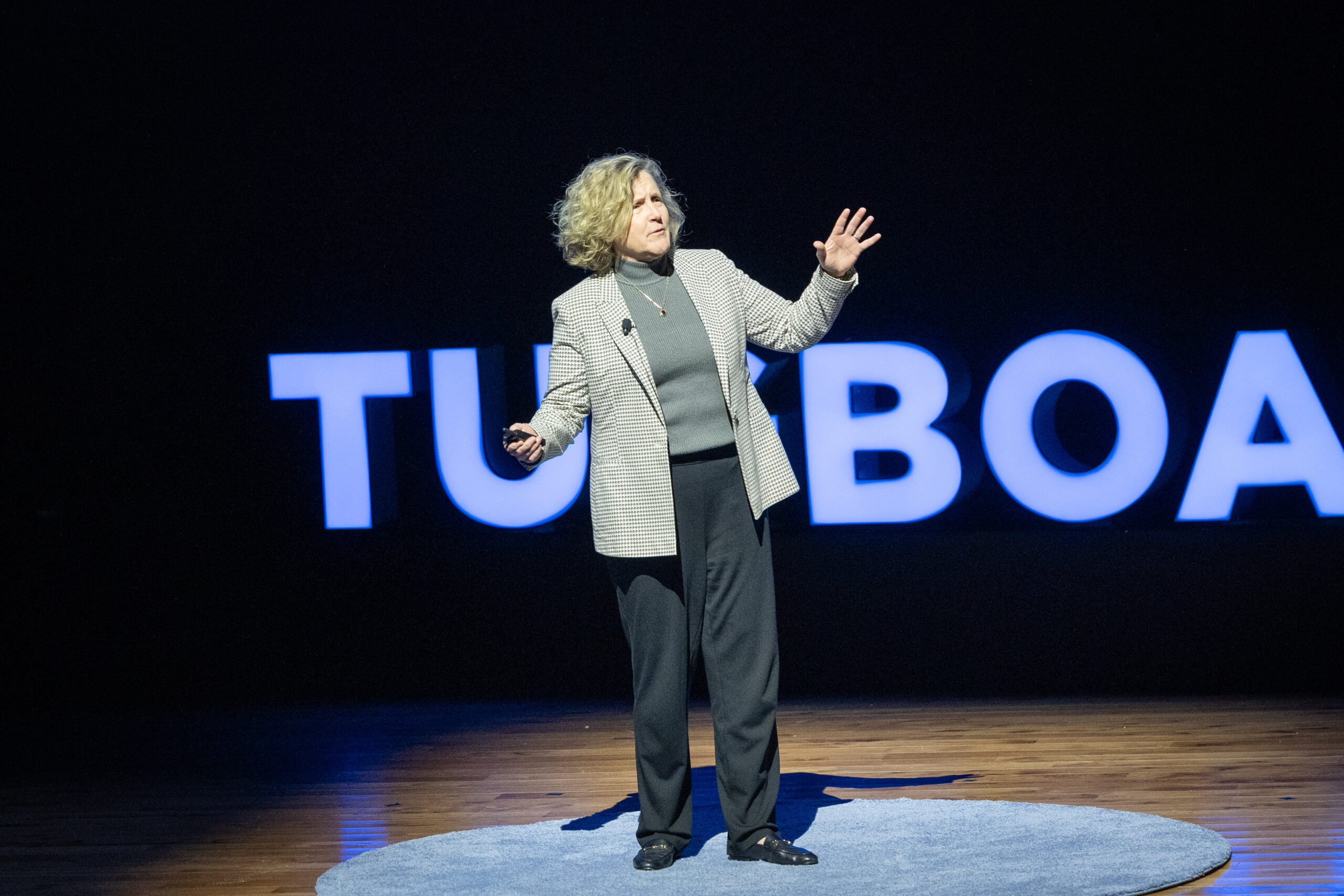
Both/And Thinking: Harnessing the Positive Potential of Tensions
- Marianne Lewis
- Carl L. Linder College of Business, University of Cincinnati
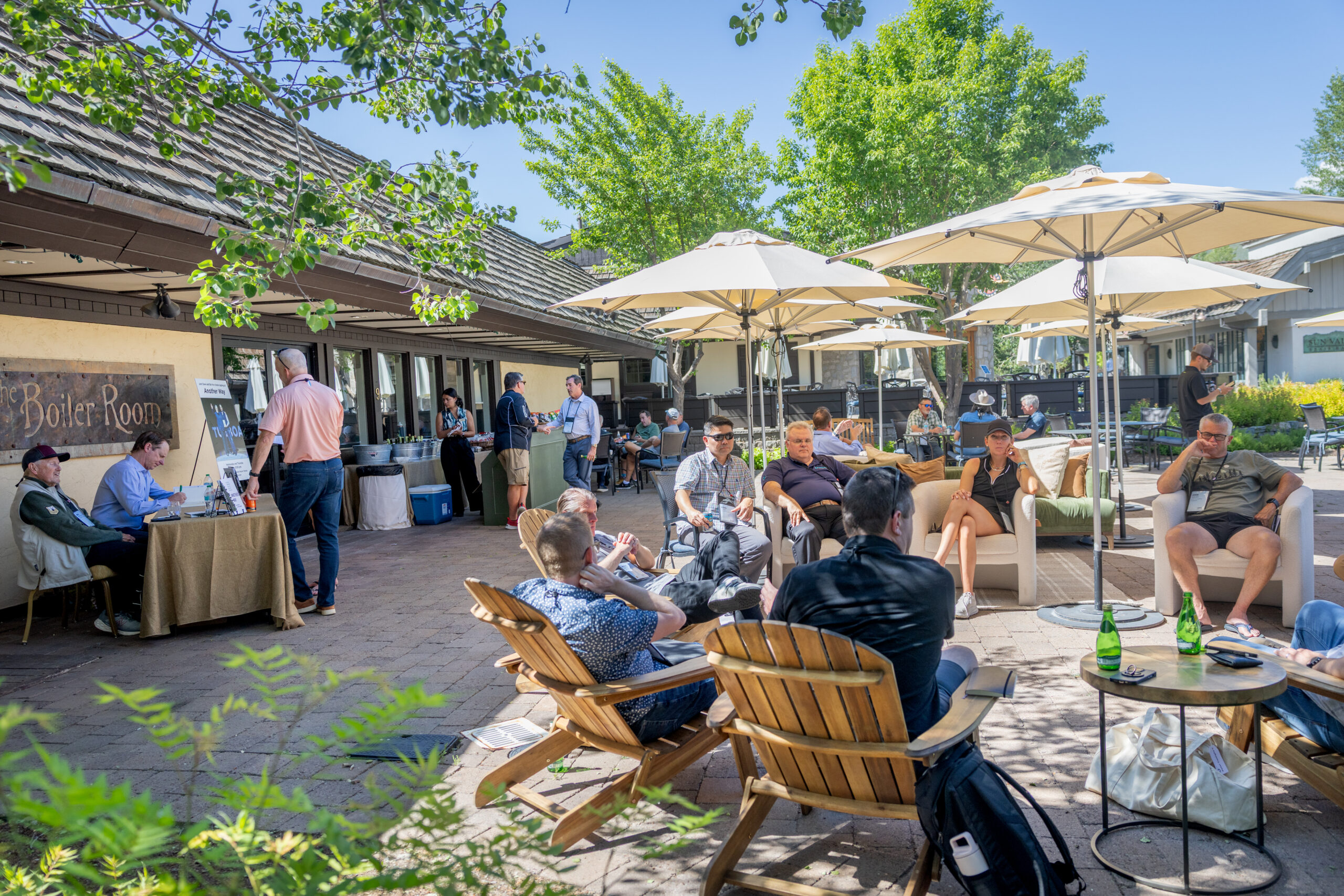
Leading Through Uncertainty – Tugboat Institute® Summit 2025
- Jackie Hawkins
- Tugboat Institute

Get Evergreen insight and wisdom delivered to your inbox every week
By signing up, you understand and agree that we will store, process and manage your personal information according to our Privacy Policy
